For over a decade, “American Horror Story” has captivated audiences with its unique blend of horror, drama, and dark humor. Created by Ryan Murphy and Brad Falchuk, this anthology series has consistently pushed the boundaries of the horror genre while exploring a wide range of terrifying and thought-provoking themes. As we delve into the evolution of “American Horror Story,” it becomes evident that this show has not only redefined the horror genre but also challenged the conventions of TV shows‘ storytelling.
Season 1: Murder House (2011)

“American Horror Story” made its debut in 2011 with “Murder House,” setting the stage for the unconventional storytelling that would become its trademark. The first season introduced viewers to the Harmon family, who move into a haunted mansion in Los Angeles. What set “Murder House” apart was its willingness to tackle complex themes such as infidelity, family dysfunction, and societal norms within the framework of a haunted house narrative. The season also marked the beginning of the show’s anthology format, with each season telling a self-contained story.
Season 2: Asylum (2012)
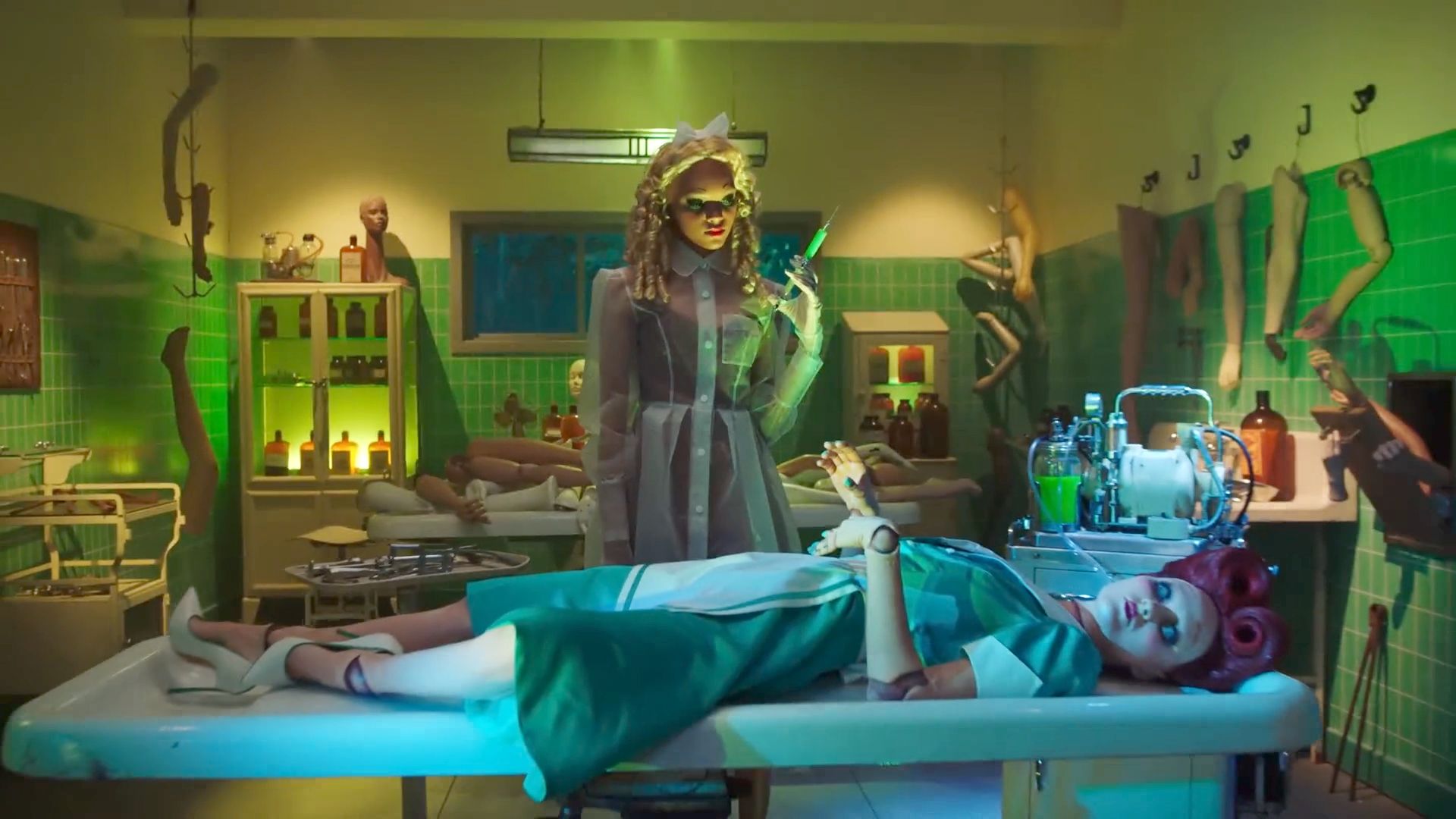
The sophomore season, “Asylum,” took a bold leap by abandoning the haunted house theme entirely. Instead, it transported viewers to the Briarcliff Mental Institution in the 1960s. This season delved into issues of mental health, religion, and the abuse of power within the asylum’s walls. “Asylum” further solidified “American Horror Story” as a series unafraid to tackle sensitive and disturbing subjects while pushing the boundaries of what horror could be on television.
Season 3: Coven (2013)
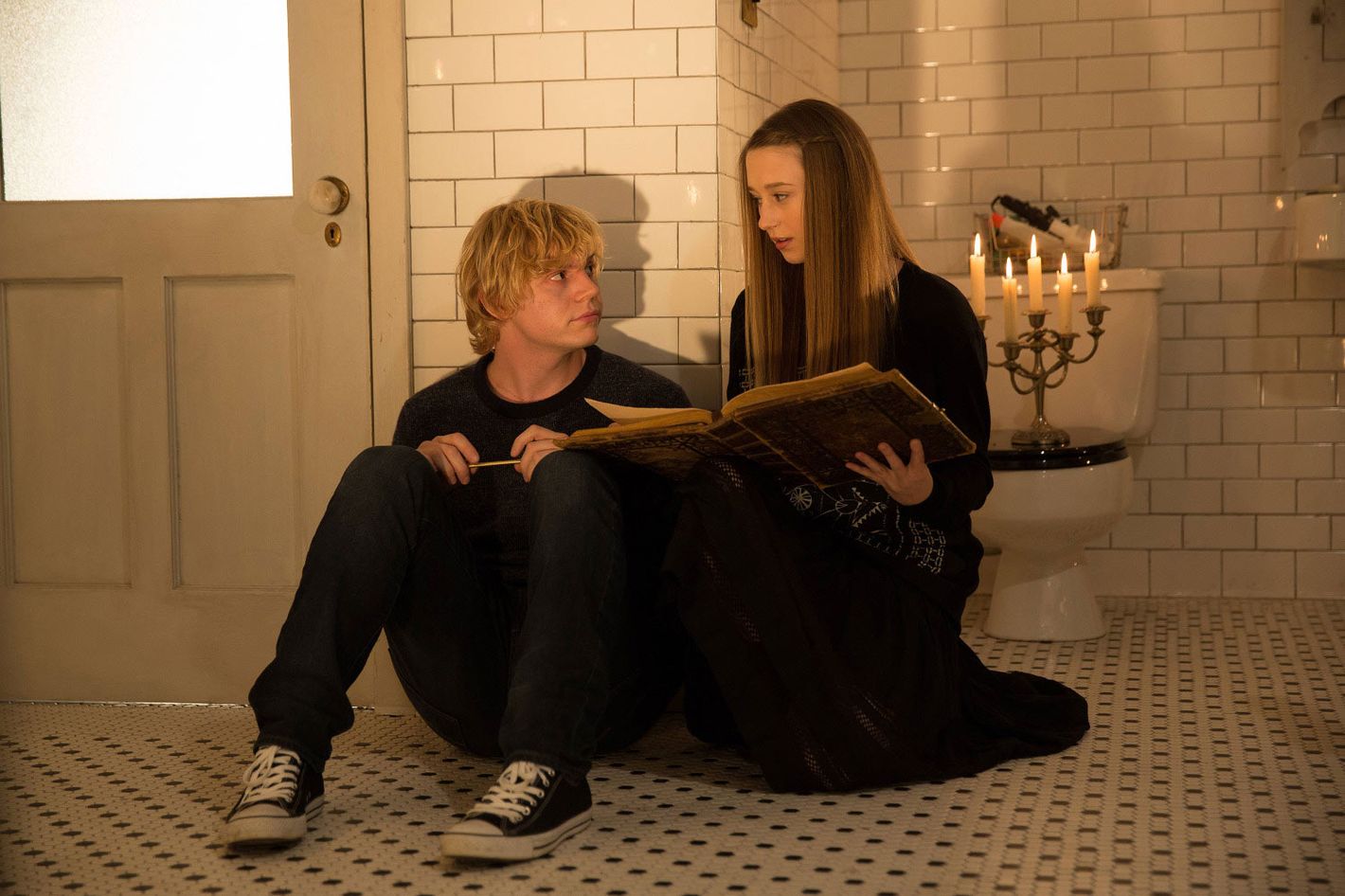
“Coven” took a different approach by exploring witchcraft and the clash between different witch covens. While still horror-centric, this season blended elements of fantasy, historical drama, and social commentary. It also showcased the series’ penchant for strong, complex female characters, a theme that would persist throughout its run.
Season 4: Freak Show (2014)

With “Freak Show,” “American Horror Story” embraced the carnival horror subgenre, taking viewers to a 1950s sideshow in Jupiter, Florida. The season delved into issues of discrimination, exploitation, and the search for acceptance among society’s outcasts. It continued the show’s tradition of introducing viewers to a new world of horror with each instalment.
Season 5: Hotel (2015)

“Hotel” ventured into the realm of supernatural and psychological horror, featuring the sinister Hotel Cortez and its vampiric owner, The Countess. This season explored themes of addiction, decadence, and the eternal struggle between good and evil. It also marked the departure of some long-standing cast members, further emphasizing the series’ anthology format.
Season 6: Roanoke (2016)

“Roanoke” took a unique approach by blending reality television and found footage elements within its narrative. The season focused on the mysterious disappearance of the Roanoke Colony in the 16th century and its modern-day repercussions. This experimental storytelling approach divided audiences but showcased the series’ willingness to take risks.
Season 7: Cult (2017)
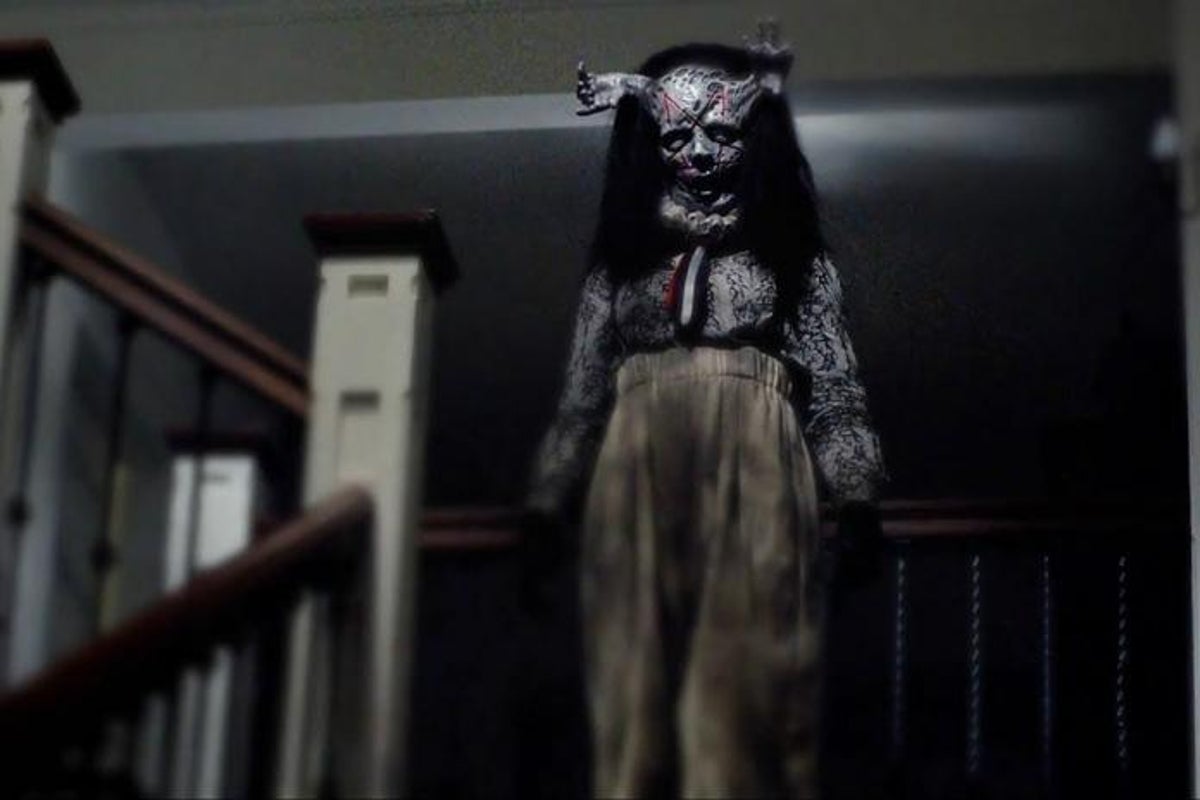
“Cult” turned its attention to the anxieties and divisions in contemporary American society. It explored themes of political extremism, paranoia, and the power of manipulation. The season was particularly timely, reflecting the tumultuous political climate during its release.
Season 8: Apocalypse (2018)
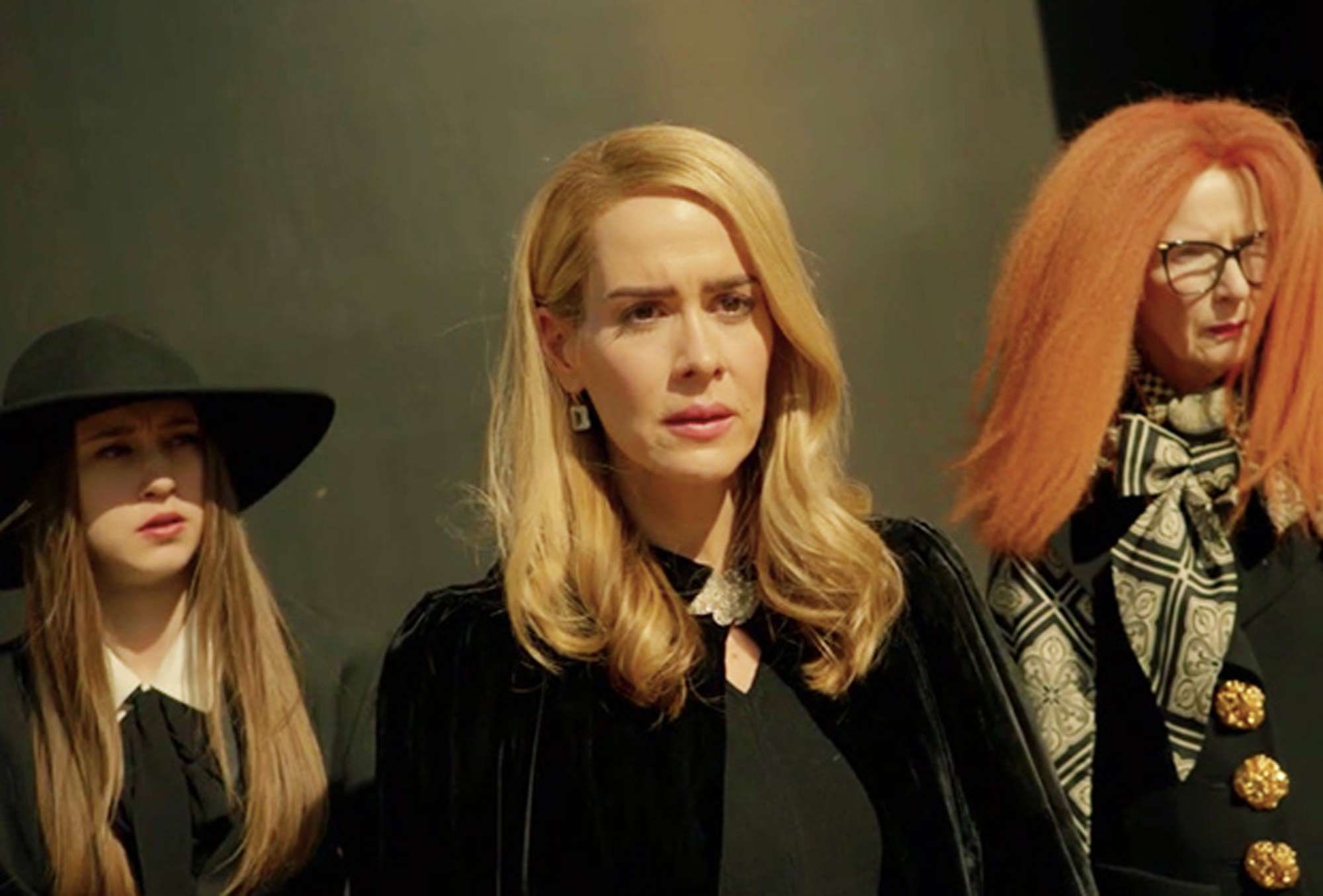
“Apocalypse” was a highly anticipated crossover season that combined characters and storylines from “Murder House” and “Coven.” It explored the end of the world, the battle between good and evil, and the consequences of past actions. This season served as a love letter to longtime fans of the series, offering closure to some storylines while opening new ones.
Season 9: 1984 (2019)

“1984” paid homage to the slasher horror genre of the 1980s, complete with campy characters, a summer camp setting, and a masked killer. This season was a departure from the complex themes of previous seasons, embracing a more straightforward and nostalgic approach to horror.
Season 10: Double Feature (2021)

“Double Feature” showed us two different stories. A struggling writer, his pregnant wife, and their daughter move to an isolated beach town for the winter. Once they’re settled in the town, the true residents of the town begin to make themselves known. The second one is, a group of college students on a camping trip who are swept up in a horrifying and deadly conspiracy decades in the making.
Season 11: NYC (2022)
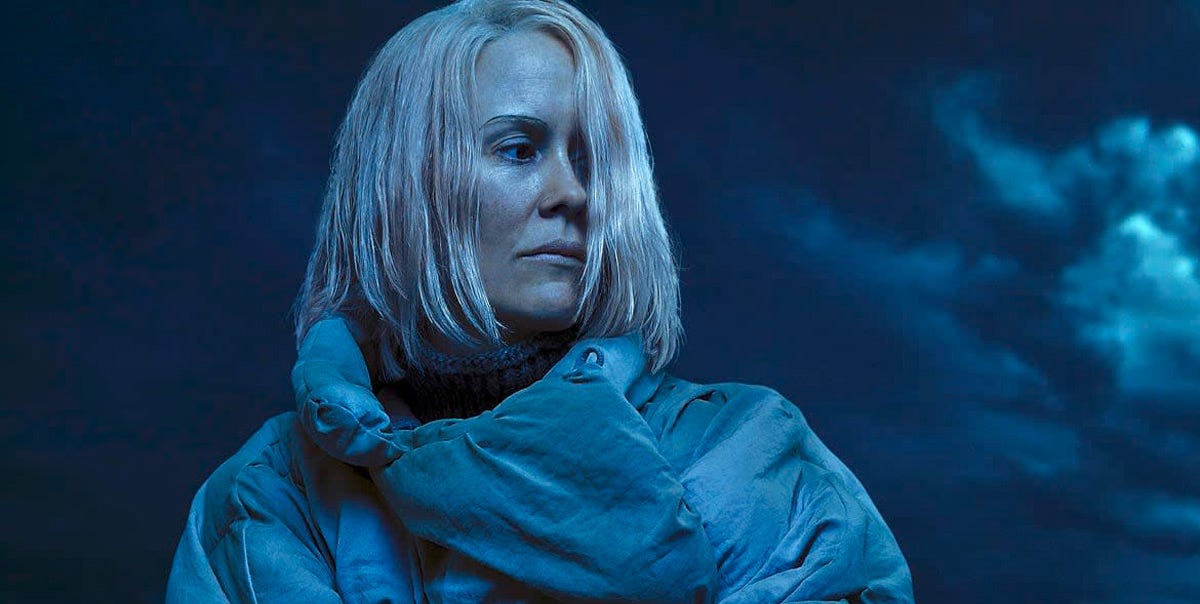
Subtitled “NYC”, the season 11 of American Horror Story takes place in 1980s New York City, and focuses on a string of killings involving gay men and the emergence of a new virus. It received positive feedbacks especially after the failure seen by the previous season.
Over the years, “American Horror Story” has undergone a remarkable evolution, pushing the boundaries of horror storytelling while addressing a wide array of social and psychological themes. Its anthology format, diverse characters, and willingness to experiment with different subgenres have made it a standout in the television landscape. As the series continues to evolve, one thing remains certain: “American Horror Story” will keep challenging our notions of what horror can be, keeping viewers eagerly anticipating each new season. With its track record of creativity and innovation, there’s no doubt that the evolution of “American Horror Story” is far from over.